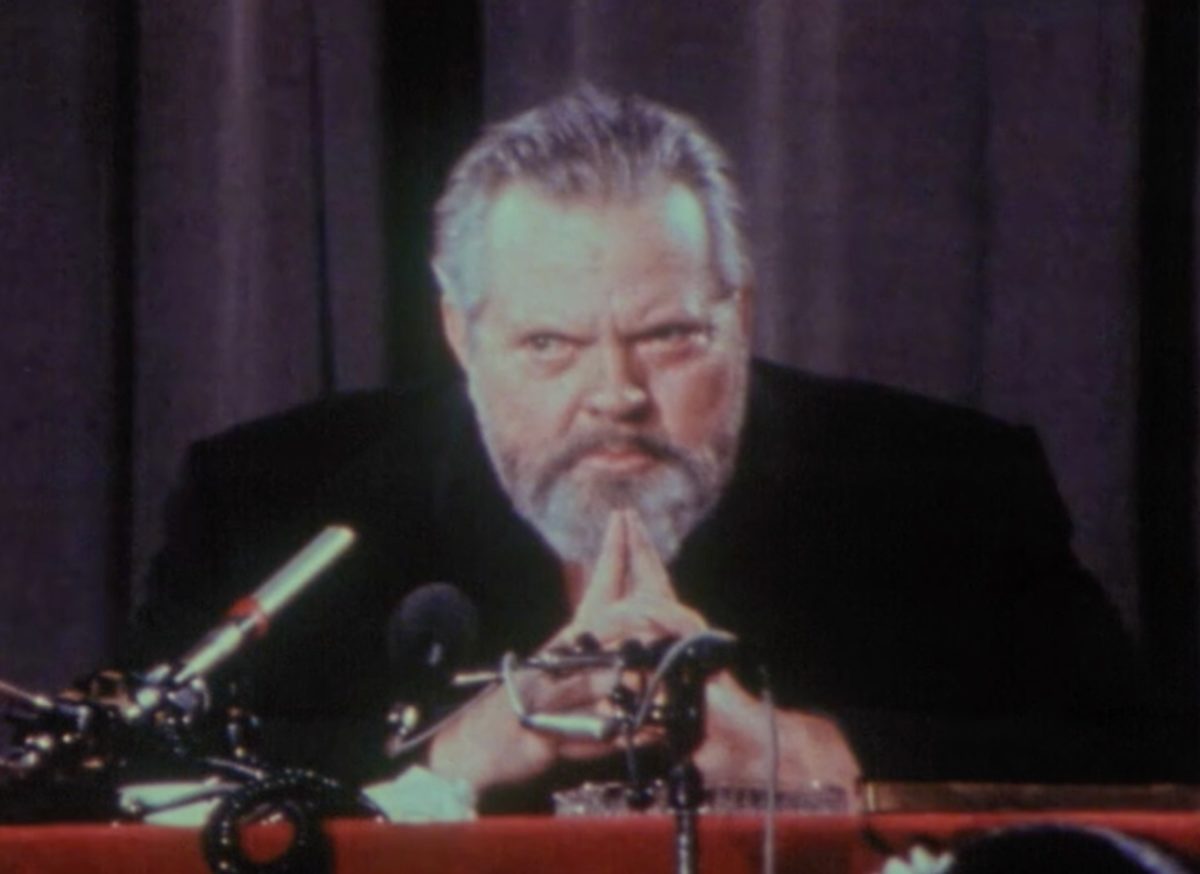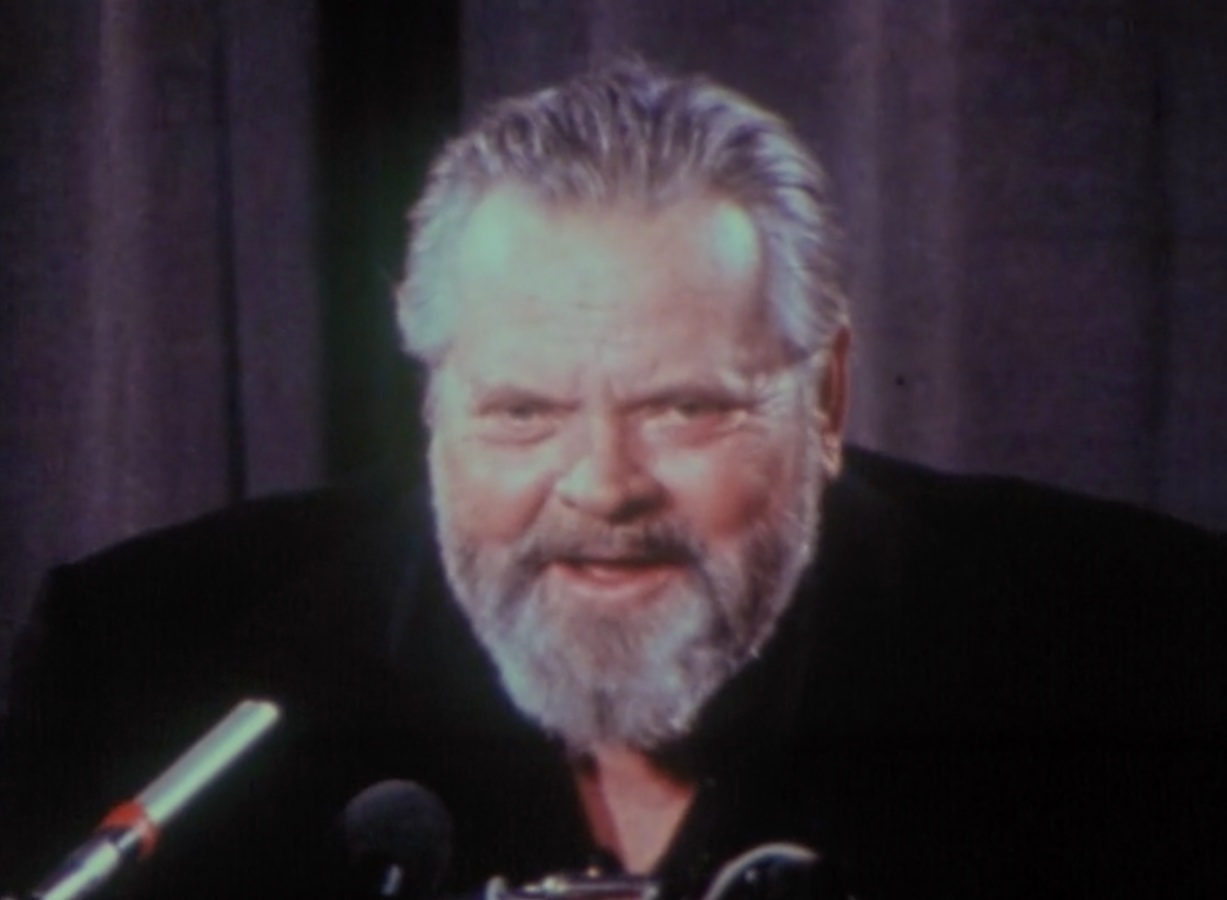“I don’t want to be introduced, because I don’t want this to seem like a formal occasion.” So begins a conversation in February 1983 at the Cinémathèque française in Paris, featuring Orson Welles and a group mostly made up of film students in which the 66-year-old director desires more of “a seance or a dialogue, saying, “I am more curious about you than you are about me.” What follows is a fascinating 1.5-hour talk in which the fairly jovial Welles––who would pass away three years later and hadn’t completed a feature in over a decade, since F for Fake––touches on many aspects of filmmaking craft without getting into specific anecdotes of his work.
The Citizen Kane helmer touches on what he thinks about filmgoing as an education, how directors like Alfred Hitchcock and Cecil B. DeMille dominate Hollywood, predicting the video revolution, and how he was mistaken by what a director’s responsibilities were the first time he was on a film set. He was also asked about why he hasn’t made a feature in some time, to which he answered, “For artistic reasons and for ego reasons. I’m an actor and there is no performance in color in the history of movies to equal a performance in black and white.” Welles also discusses the importance of a good script, but that it’s not the most vital elements. (“You can make a wonderful film about nothing. Look at Fellini.”) In fact, what he believes is the most important part of filmmaking makes for one of his most fascinating answers.
“The most important thing in a movie is the actor and everything which is in front of the camera,” he said. “The decadence of the cinema comes from the glorification of the director as not being the servant of the actors but his master… the job the director is to choose what he sees and––to an extent–to create, but a great deal of what is applauded as creation is simply there. It was there when he put the camera: that actor, that bit of scenery, that veil that hung over the river, it was there and you are intelligent enough to shoot. The director should be very intelligent, but preferably not intellectual because the intellectual is the enemy of all the performing arts. So let us please, since I’m not talking to actors, let us respect and love them and cherish them and help them to be great, because they are the people who have made the cinema unforgettable.”
Filmed by Pierre-André Boutang and Guy Seligmann, watch the full conversation here or by clicking the image below, with a hat tip to The New Yorker.


